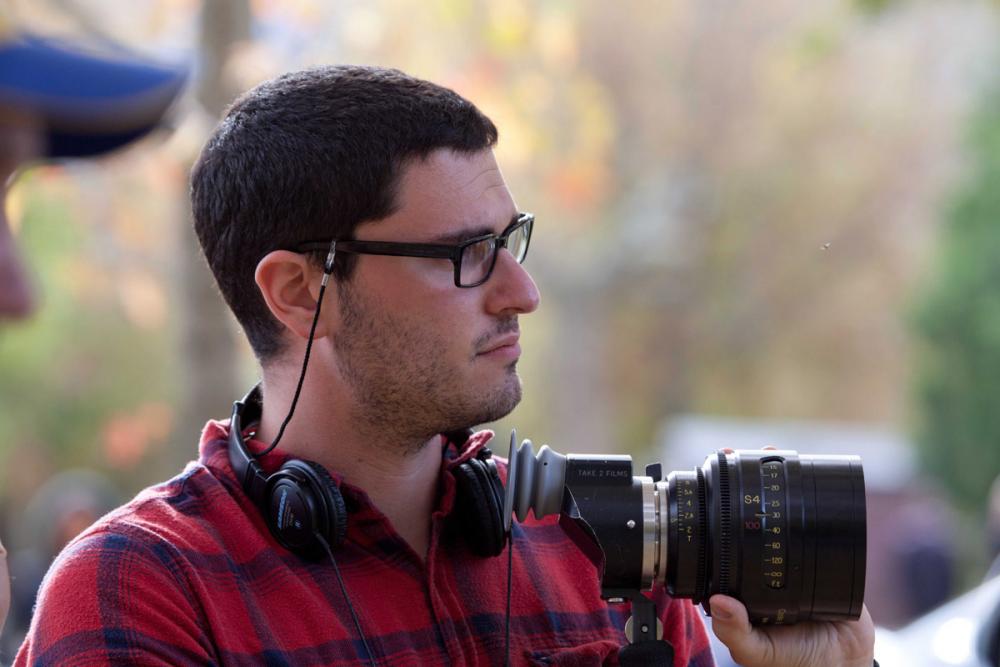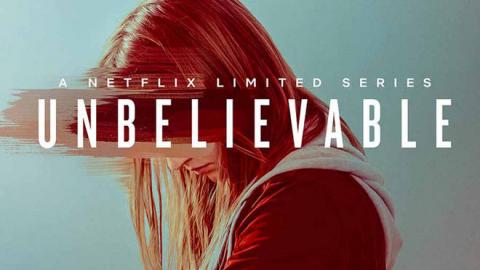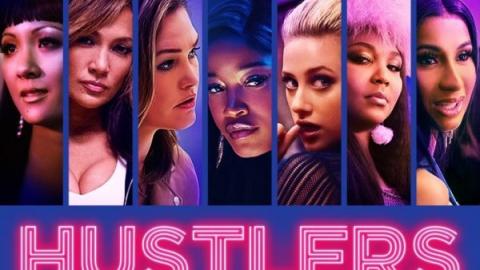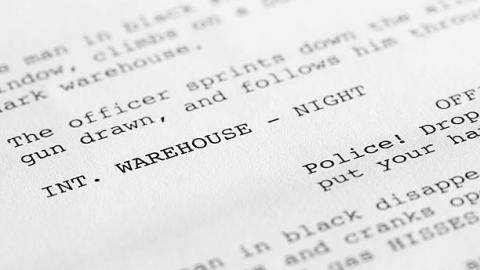Movie Reviews: Was it the Indie Genius or Studio's Fault for the Disastrous Fantastic Four?
Share with friends

In the film, a young genius, Reed, invents an incredible device that allows travel between dimensions. Then some bureaucrats show up and throw unlimited money at the young genius to make a massive-scale version of his small invention, which inevitably leads to a disaster. Such is the case, I suspect, with Fantastic Four itself.
There's a trend: directors of one-time indie hits called up prematurely to direct huge blockbuster remakes. IndieWire wrote a listicle about it, so you better believe it's a real phenomenon.
The results are usually not great. Gareth Edwards made the fantastic indie monster movie Monsters, but cranked out a mediocre Godzilla when called up, too quickly, to the big leagues. There was Colin Trevorrow, who made the awesome low-fi sci-fi thriller/comedy Safety Not Guaranteed and moved up to a very average Jurassic World. Then there's Josh Trank, who began with the outstanding indie superhero flick Chronicle and continued (and most likely ended) with the latest iteration of Fantastic Four.
In an earlier generation, studios waited a tad longer to take these sorts of gambles. After Memento (which, frankly, was far better than any of the aformentioned directors' starts), Nolan had to get his own mediocrity out of the way with Insomnia before WB gave him the reins to Batman.
As a natural contrarian, I don't take any pleasure in jumping on the bandwagon of reviewers who say this movie stinks (9% on Rotten Tomatoes), though fact is that it does stink. The dialogue is atrociously wooden, the narrative arc looks like it was made by a random point generator and the acting is hard to watch. Still, I didn't hate the film. I wasn't insulted by it like some superhero fanboys were because I don't care enough about the genre or the characters to be offended. In a way, Fantastic Four was a blessing because it illustrated how good the banal superhero films, The Avengers et al, have to be in order to succeed. I used to think those films were easy to make. Just do the populist thing, give people what they want--an origin story in the first act, fun and games in the second, a big city-destroying showdown in the third and voila! you've got a hit. But Fantastic Four helped me understand that those concoctions are much, much more tenuously held together than I previously thought.
What interested me in Fantastic Four was that it was reviewed so badly. Even Trank himself, shortly after release, did something unprecedented. Not only did he acknowledge that the movie sucked, but also he blamed it indirectly on the studio. He posted this tweet then quickly deleted it:

(Josh, buddy, you know how the Internet works right?)
While many will criticize Trank for posting this, it is quite possible that the too-many-cooks-in-the-kitchen approach of big studio filmmaking did indeed sink this movie. Fox brought in superhero blockbuster veteran Simon Kinberg to fix up the script and reportedly spent the last several months doing reshoots and frantically editing with a new editor. Fox criticized Trank not as a director or artist, but as a person: "[He's] like one of these kids who comes to the NBA with all the talent and none of the character-based skills to handle it. There’s equipment he doesn’t yet have.”
All of this makes me think that it was the studio's fault that this movie is so bad. After all, Fox spent millions "fixing" the film, yet they still ended up with something as bad as any superhero film ever made (it is currently the worst reviewed Marvel film ever). Trank's version could not possibly have been worse than what we got.
The main criticism of the film is the structure, that it's basically one huge first act establishing the characters and nothing else. Indeed, the only real action in the first three quarters of the film is a forced, awkward car race scene designed to paint Johnny Storm AKA the Human Torch (Michael B. Jordan) as the bad boy. Then suddenly at the end of the third act there's a multi-dimensional battle for the fate of mankind that feels completely out of scale. There's nothing but character development in between, and not very good character development at that.
Chronicle, Trank's first movie, is a small, grounded superhero film. The found-footage style makes it feel like real life. It is not a production, but a reflection of real life with a twist. My guess is that Trank's vision for Fantastic Four was similarly grounded. I think he was going for something Nolan-esque, darker, much more real.
There are several pieces of evidence for this, flashes of a sort of genius-ly twisted version of the film. The car race scene is one of them--while the dialogue and acting are awful, the setting of it, on a dark suburban street, feels incredibly real, much moreso than any action sequence in a superhero scene I've ever seen. Then, during the transformation of the characters into superheroes, there is a disturbing edge, almost like you're watching them being tortured: Reed Richards AKA Mister Fantastic (Miles Teller) stretched out grotesquely on a gurney, Johnny Storm literally burning alive, Benjamin Grimm AKA The Thing (Jamie Bell) in terrible pain transforming into a lonely monster. One reddit user put it best: "There were also moments when the mask slipped a little, and some tiny fragments, hints and whispers, of a potentially great Cronenbergesque take on the situation manifest themselves. But they evaporate like mirages."
It could be argued that Trank's vision was naive and off-base to begin with, that taking a Nolan approach to The Fantastic Four is much, much more difficult than taking such an approach to Batman. Even still, it would have been much more interesting to see the disturbing version he came up with, instead of one shredded to pieces by a team of money men, editors, and writers who are too experienced and proficient to do anything new at all.
In the film, a young genius, Reed, creates an incredible invention that allows travel between dimensions. Then some some bureaucrats show up and throw unlimited money at the young genius to make a massive-scale version of his small invention, which inevitably leads to a disaster. Such is the case, I suspect, with Fantastic Four itself.
Check out our other review this week: The Gift




